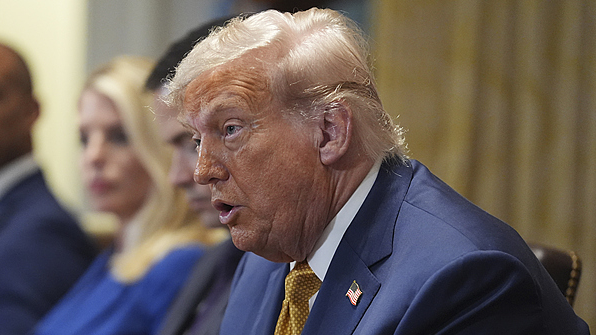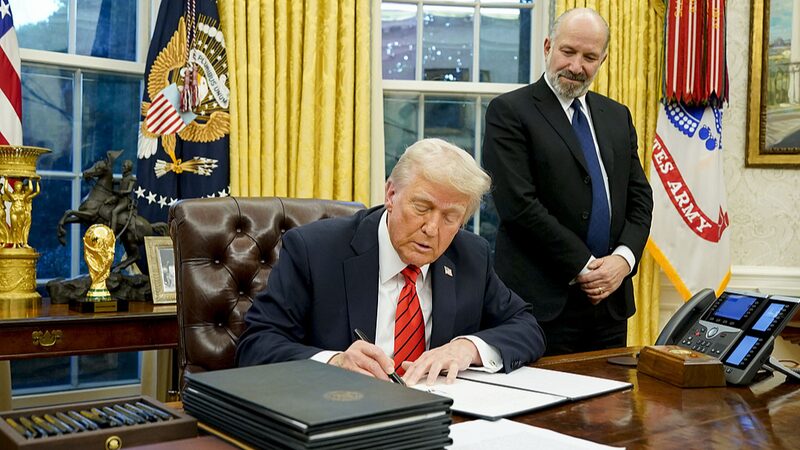U.S. trading partners across Asia and Europe are voicing strong opposition to President Donald Trump's latest tariff announcements, with key allies labeling the measures as counterproductive to ongoing negotiations. The developments come amid efforts by multiple governments to stabilize trade relations with Washington ahead of critical deadlines.
EU Seeks Urgent Relief Ahead of August Deadline
The European Union faces mounting pressure as it races to secure a framework agreement with the U.S. by August 1. Bernd Lange, head of the European Parliament's trade committee, warned that proposed tariffs of up to 50% on steel and 25% on automobiles would directly undermine the bloc's industrial growth. 'These measures target strategic sectors critical to Europe's economic future,' Lange stated, emphasizing the need for immediate tariff reductions rather than phased implementation.
South Korea Balances Negotiations Under New Leadership
Seoul's Trade Ministry confirmed intensified talks following what it called an 'effective extension' of tariff relief by the Trump administration. Since President Lee Jae-myung's June 4 inauguration, South Korean negotiators have prioritized addressing U.S. concerns about trade deficits while pushing for regulatory reforms at home. Officials pledged to 'resolve uncertainties swiftly' through enhanced domestic measures.
Japan Decries 'Regrettable' Automotive Levies
Japanese Prime Minister Shigeru Ishiba condemned the planned 25% tariff on auto imports set to take effect August 1, vowing to continue bilateral talks. 'We must protect national interests while pursuing mutual benefits,' Ishiba declared during a policy meeting. The announcement follows Washington's expansion of tariffs to 13 additional countries, with rates reaching 40% for some Southeast Asian nations.
Analysts warn the escalating measures could disrupt supply chains across Asia's manufacturing hubs, particularly in semiconductors and pharmaceuticals. With global growth forecasts being revised downward, business leaders urge governments to prioritize stability in cross-border trade frameworks.
Reference(s):
'Not acceptable,' U.S. allies react to Trump's tariff letters
cgtn.com








